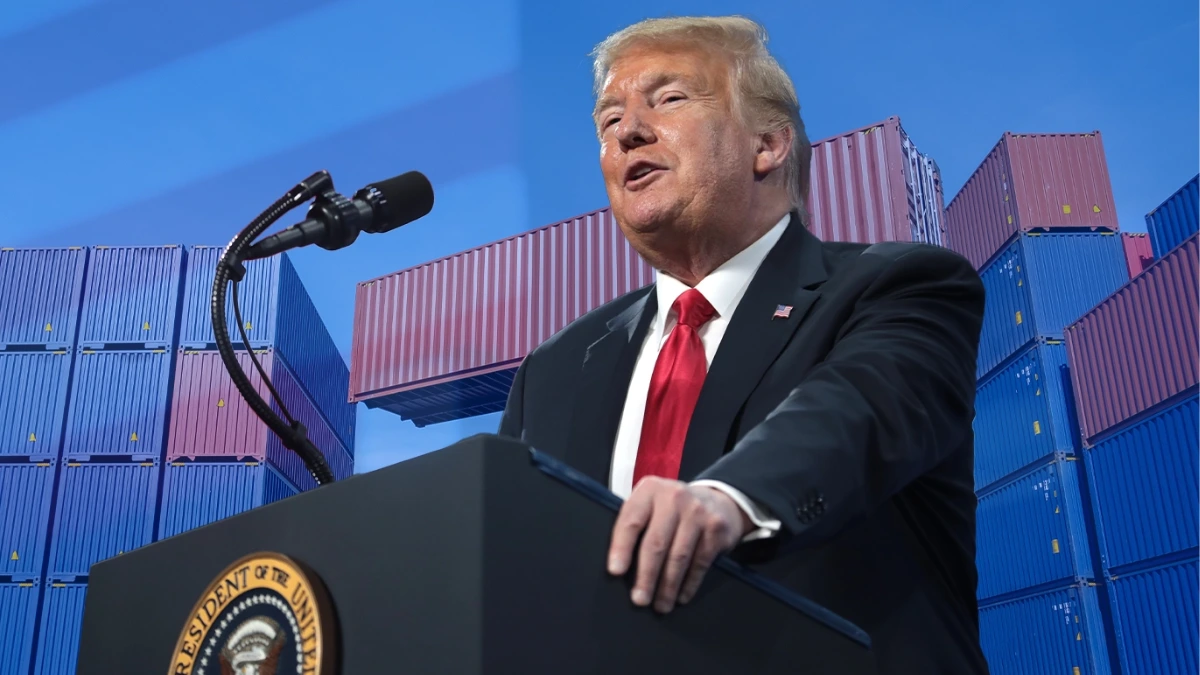
US President Donald Trump’s trade are being widely watched by markets around the world. Of particular interest is whether his administration would lower tariffs before important political and economic deadlines.
Experts See Potential for ‘De-escalation’ — But Warn of Risks

The interaction of political strategy, current talks, and economic indicators like as inflation is a major issue in market commentary. According to Rob Subbaraman, chief economist and head of global markets research, Asia ex-Japan at Nomura, Trump’s trade strategy might mimic a well-known pattern: raising tensions and then lowering them at the last minute.
In reference to the deadline of August 1, Subbaraman stated, “There’s a real possibility that this is a classic Trump ‘escalate to de-escalate’ scenario.” Because of that, tariffs might be reduced.
However, Subbaraman cautioned investors against being overconfident. Trump might decide to take a more aggressive approach now that the US stock markets are close to all-time highs and he has won recent foreign policy battles.
US Dollar Drops Sharply as Trump’s Economic Policies Take Effect
Inflation Data Could Shift the Equation

The US inflation rate is one possible wild card. According to Subbaraman, the Federal Reserve may be under pressure to maintain interest rates at their current level if inflation starts to increase sharply by the August deadline, which would remove a crucial economic stimulus tool.
He clarified that this would make it challenging for the Fed to lower interest rates, which might persuade Trump to reevaluate more tariff increases.
India Notifies WTO of Tariff Response to U.S. Auto Duties Affecting $2.8 Billion in Exports
India’s Position May Improve

Subbaraman also mentioned India as a potential short-term beneficiary. He said that instead of the 25–30% tariffs that South Korea, Japan, and other Southeast Asian nations currently face, India could negotiate a deal with the US that would involve reciprocal duties in the 10% area.
He stated that such an agreement might, in the medium run, bring more production and investment to India.
Jerome Powell: Fed Would Have Cut Rates If Not for Trump’s Tariffs
Political Clock Ticking Ahead of US Elections

Trump’s trade stance will eventually be influenced by domestic factors, according to Edward Yardeni, head of Yardeni Research, who adopted a more politically orientated stance.
Trump simply cannot afford a trade war that sends the economy into a recession, Yardeni said, adding that the midterm elections are still approaching. The Republicans’ already slender majorities would be lost as a result.
He forecast that by late summer, Trump may attempt to ease trade tensions, perhaps by releasing vague “letters of understanding” as opposed to comprehensive accords.
Trump Sends Sharp Handwritten Note to Chairman Jerome Powell Over Interest Rates
Tariffs as a Revenue Tool

Yardeni also brought attention to the tariffs’ financial motivation, predicting that the Trump administration is depending on them to generate about $400 billion in revenue to help close the US deficit.
He voiced doubts about the speed at which significant agreements can be reached, notwithstanding the urgency. “Countries won’t just roll over; they have their own interests,” Yardeni said.
He came to the conclusion that it would probably take at least two years to complete any comprehensive trade agreement. “To be honest, it is naive to think that these complicated issues can be resolved in ninety days.”
Financial markets and governments around the world are preparing for what could be a crucial few weeks in international trade ties as Trump’s tariff deadlines approach.
